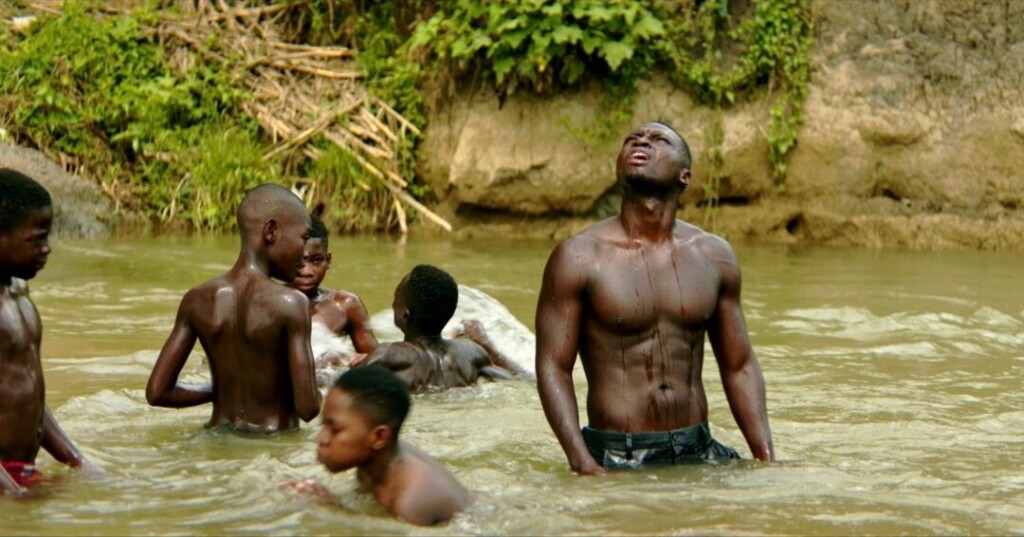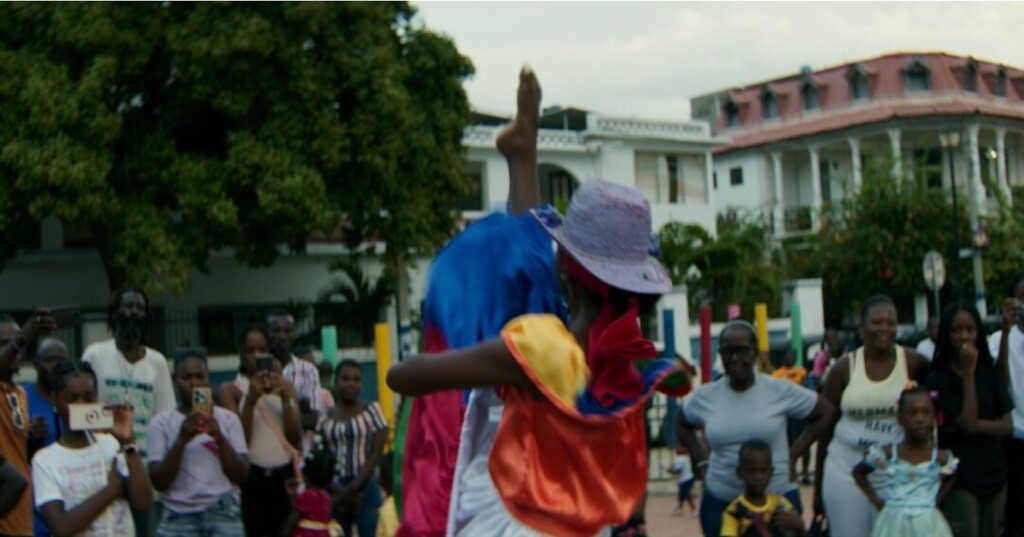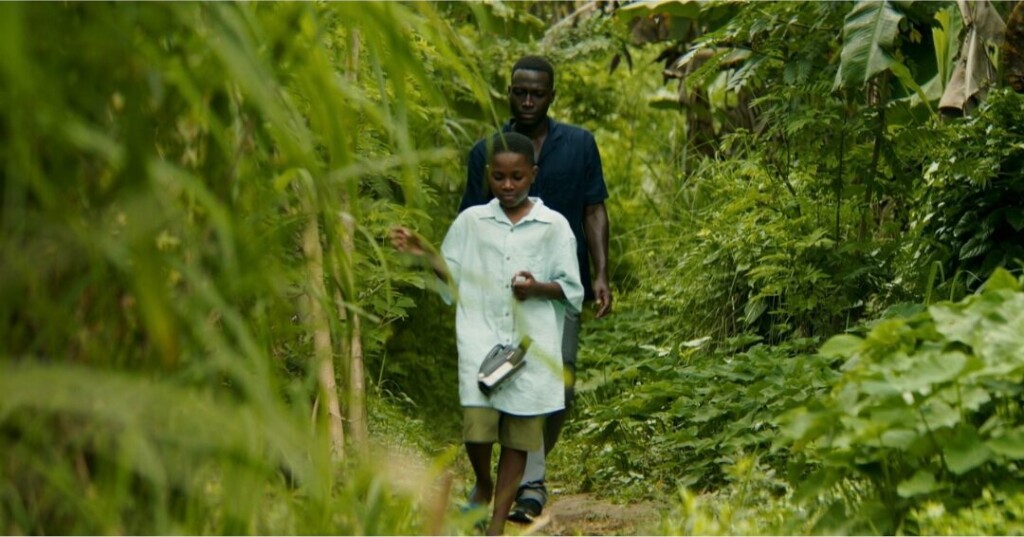Filmmaker Elisée Junior St. Preux invites us on a journey through grief, connection, and generational healing in his feature film The Tropic Sun and His Eyes—the first mental health narrative ever shot entirely on land in Haiti.
Set against the streets of Cap-Haïtien, The Tropic Sun and His Eyes follows Ruben, a 26-year-old man returning home to reconnect with his estranged father before it’s too late. Haunted by memories, Ruben’s journey becomes an unexpected road to healing when he’s joined by Young Boy, who is determined to form a bond. Together, they journey through the city layered in history, community, and pain—learning to break generational curses and embrace vulnerability.
The film stars Stevenson Jean as Ruben and Blangue Machiny as the Young Boy.
“This film is a reimagining of what it would look like if my sibling came home,” said St. Preux, who wrote and directed the film after losing his own sibling to mental illness over a decade ago. “I want fathers to take the time to understand their sons on an emotional level. I want more safe spaces for families to call home.”
The authenticity of the film is just as powerful as the story itself. With 95% of the cast and crew based in Haiti, The Tropic Sun and His Eyes was more than a film production—it was a cultural movement. Many of the crew were first-time filmmakers working under seasoned mentors, gaining access to professional equipment and storytelling techniques.

By shooting on location in Cap-Haïtien—a city deeply intertwined with Haiti’s revolutionary roots—St. Preux ensured the story was not only grounded in Haitian soil but also in its spirit, its struggles, and its possibilities.
“The version of Haiti we explore in this film is a mixture of the one my people know and love, as well as the one we hope it to be,” St. Preux shared. “More vulnerable men, more attention to mental health, and more safe spaces for families to call home.”
More than just a film, The Tropic Sun and His Eyes doubles as a statement—one about the urgent need for nuanced mental health narratives in Black and Caribbean communities.
The project’s commitment to mental wellness and familial restoration comes through not just in the plot, but in its purpose. “If generational trauma can be passed down… then so can generational healing,” Elisée insists.
Calixto Chinchilla, founder of the New York Latino Film Festival and partner with Warner Bros. Discovery OneFifty, praised Elisée’s bold storytelling and cultural authenticity.

“On behalf of NYLFF Cinematics and Warner Bros. Discovery OneFifty, we are proud to support this film—not only by providing resources but by actively collaborating with Elisée to bring his vision to completion,” Chinchilla said. “His dedication is unwavering, and I was deeply inspired not just by his passion for storytelling but by his boldness and vision in telling this story with a majority of non-actors, in their native language, and filmed in Haiti. It was his commitment and the remarkable work I saw from him that compelled us to get involved and help bring this project to life.
At a time when conversations surrounding Haiti are normally about poverty, violence, and instability, The Tropic Sun and His Eyes offers something different: beauty, vulnerability, love, and healing.
The Tropic Sun and His Eyes is currently in post-production and likely joining the film festival circuit.



